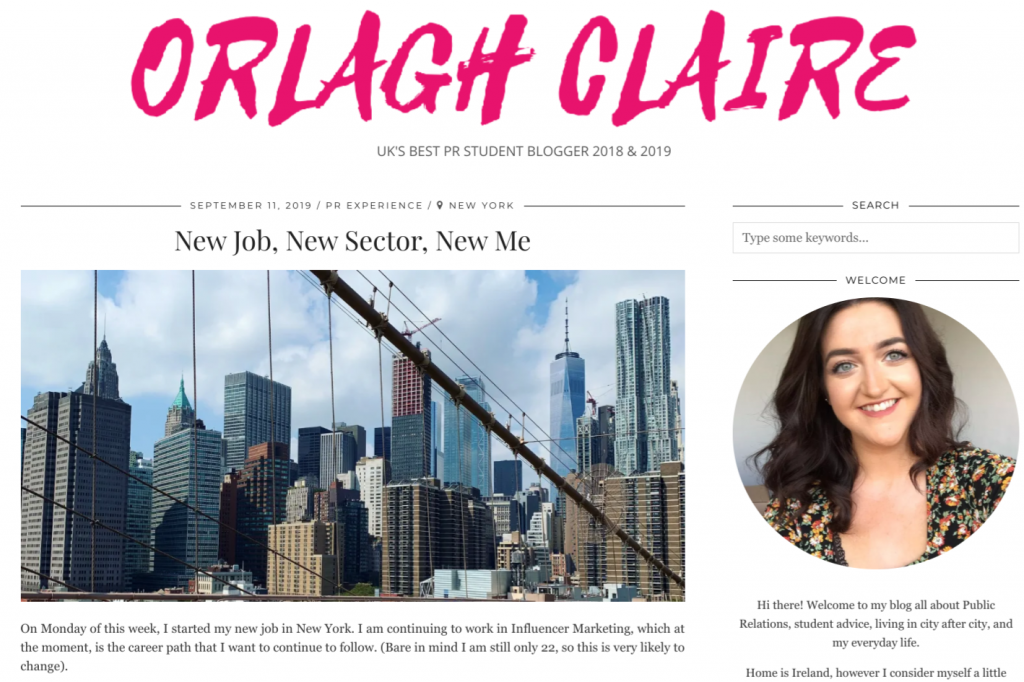How to be a PR student

About the author
Richard Bailey Hon FCIPR is editor of PR Academy's PR Place Insights. He teaches and assesses undergraduate, postgraduate and professional students.

You’re investing time and money in your education. Quite rightly, you want a return on this investment.
You think this means achieving a First Class degree. OK, I accept this goal (what else should you be aiming for?) – but I don’t think it’s ambitious enough. Let me explain.
Of course I want you to attend class and gain the best possible grades. But I also want you to look outside the classroom and develop some skills and habits that can help with a future career, not just with forthcoming assignments.
When employers are asked what they look for in job seekers, they describe a set of attributes but also a desired attitude. Among these attributes are:
- Writing and content creation skills
- Networking skills and relationship and community building
The key attitude they’re looking for is:
- Curiosity and an ability to learn (everything else follows from this)
Going back a generation, your CV was usually the first thing an employer would see from you. Now, they can get to know you in much greater depth – even before you apply for a job. All because of the transformative power of social media.
You’ve grown up with social media. You can name YouTube influencers that I or an employer haven’t heard of. That can be useful.
You understand the power of your smartphone as a device for connecting and communicating. It’s a force for good – but you will also know that there’s a darker side to it. You know about the dangers of online bullying, about the pressure to live an insta-perfect life, and about the risk of making career-limiting mistakes in public.
It’s a minefield for individuals. But it’s also a minefield for organisations, and that’s why they hire teams of social media managers and corporate reputation advisers. That’s why the public relations business is booming in the online age.
My advice to an ambitious student is to start small. Start by working on your personal reputation management.
- How do you want to present ‘brand-you’?
- Which channels are you going to focus on, and how consistent are you going to be across these channels?
- How will you learn what’s wise to share in public, and what should be left private?
- How can you build your network and join in conversations with practitioners and employers?
Of course you should read academic textbooks – but you should also recognise that these look backwards, citing previous research and earlier sources. You want to look forwards, and should be keen to map out the future (and your place in it). You should be keen to discover people who can help guide you in the right direction.
That’s why we run an annual #bestPRblogs contest for UK-based PR students. Blogging is old: it predates social media. But it’s still a good way to experience the range of challenges in personal branding and personal reputation management.
Your posts can appear on places other than your own blog: LinkedIn, Medium, a class or course blog.
You could go straight to video and develop a vlog rather than a blog. All that’s needed is that your content should be discoverable: the best way to do this is to tag content you want to be considered with #prstudent.
I’ll say much more about the #bestPRblogs contest in a follow-up post next week, but for now will leave you with some inspiring #prstudent blogs from last academic year.
- Orlagh Shanks (winner in 2018 and 2019)
- Lucy Hayball (winner in 2017)
- Ulster PR Student Blog (best class or course blog)